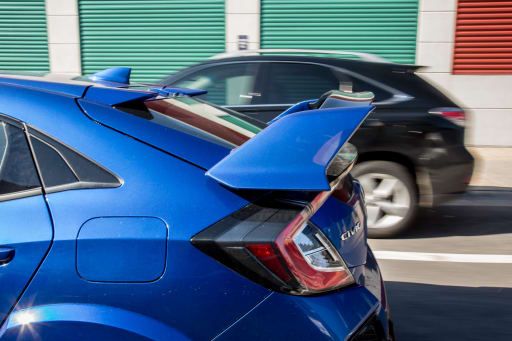Get Free Quotes 866-651-2992
Remanufactured & Used Engines

As technology continues to advance at an unprecedented pace, the future of autos promises to be nothing short of extraordinary. From self-driving cars to electric vehicles, the automotive industry is undergoing a massive transformation that will reshape the way we drive, commute, and interact with our vehicles.
The rise of autonomous vehicles is perhaps the most significant development in the automotive industry. Self-driving cars have the potential to revolutionize transportation, making it safer, more efficient, and environmentally friendly. These vehicles rely on a combination of sensors, artificial intelligence, and advanced algorithms to navigate roads, interpret traffic signals, and avoid collisions. With the ability to communicate with each other, autonomous vehicles can also optimize traffic flow and reduce congestion, ultimately transforming our cities and urban landscapes.
Another major trend shaping the future of autos is the rapid adoption of electric vehicles (EVs). With concerns over climate change and a push for greener alternatives, automakers are investing heavily in EV technology. These vehicles are powered by electricity, reducing or eliminating the need for fossil fuels. As battery technology improves, the range and performance of EVs continue to increase, making them a viable option for everyday use. Alongside this, the development of a robust charging infrastructure is crucial to support widespread EV adoption.
Furthermore, connectivity is playing a vital role in the future of autos. The integration of smart technology allows vehicles to connect with other devices, such as smartphones and smart homes. This connectivity enables a wide range of features, including remote monitoring and control, real-time traffic updates, predictive maintenance, and personalized in-car entertainment. As vehicles become more connected, they also become part of a larger ecosystem, enabling new business models and services.
The future of autos is not limited to cars alone. The emergence of electric bicycles, scooters, and even flying taxis is transforming personal mobility. These alternative modes of transportation offer greater flexibility, reduced congestion, and lower emissions. With the advent of new technologies such as vertical take-off and landing (VTOL), flying taxis could soon become a reality, revolutionizing urban transportation.
While technology plays a crucial role in shaping the future of autos, regulatory frameworks and infrastructure development are equally important. Governments and policymakers need to create an environment that fosters innovation while ensuring safety and security. This includes establishing guidelines for autonomous vehicle testing, implementing charging infrastructure for EVs, and addressing privacy concerns related to connected vehicles.
The future of autos holds immense potential, but it also presents challenges and uncertainties. The transition to autonomous vehicles raises concerns about job displacement and ethical dilemmas in decision-making algorithms. The shift towards EVs requires addressing issues such as battery production, recycling, and the environmental impact of electricity generation. Moreover, ensuring data security and protecting user privacy in a connected world are critical considerations.
In conclusion, the future of autos is a captivating blend of technology, innovation, and sustainability. With self-driving cars, electric vehicles, and connected mobility, we are on the cusp of a transportation revolution. While the road ahead may present challenges, the opportunities for a safer, greener, and more efficient future are within reach. Brace yourself for a thrilling ride into the future of autos!